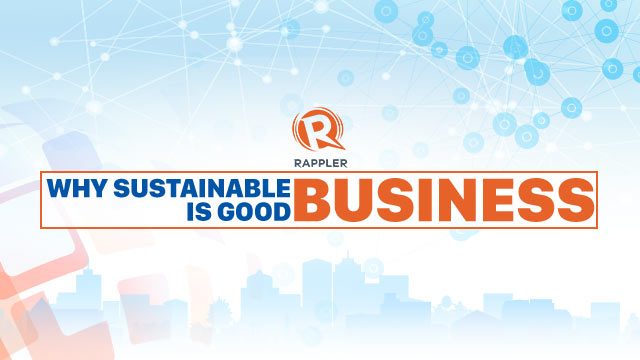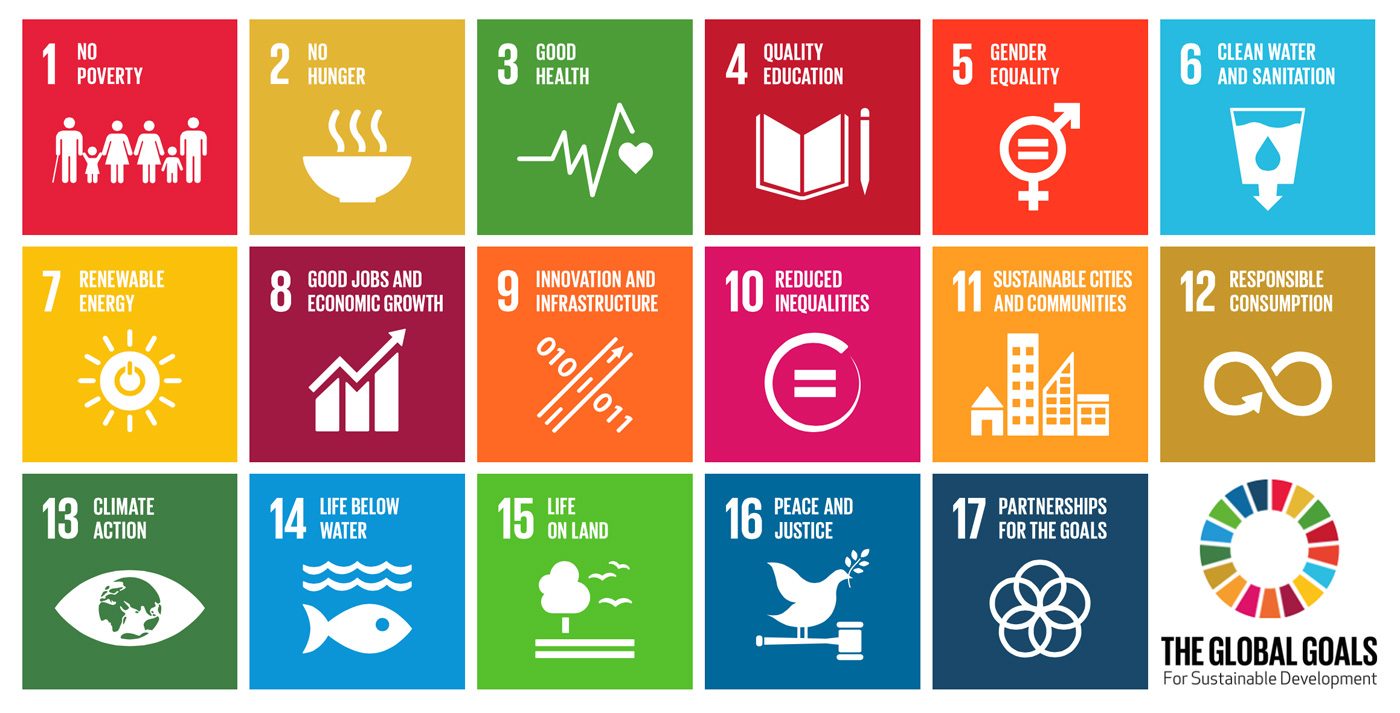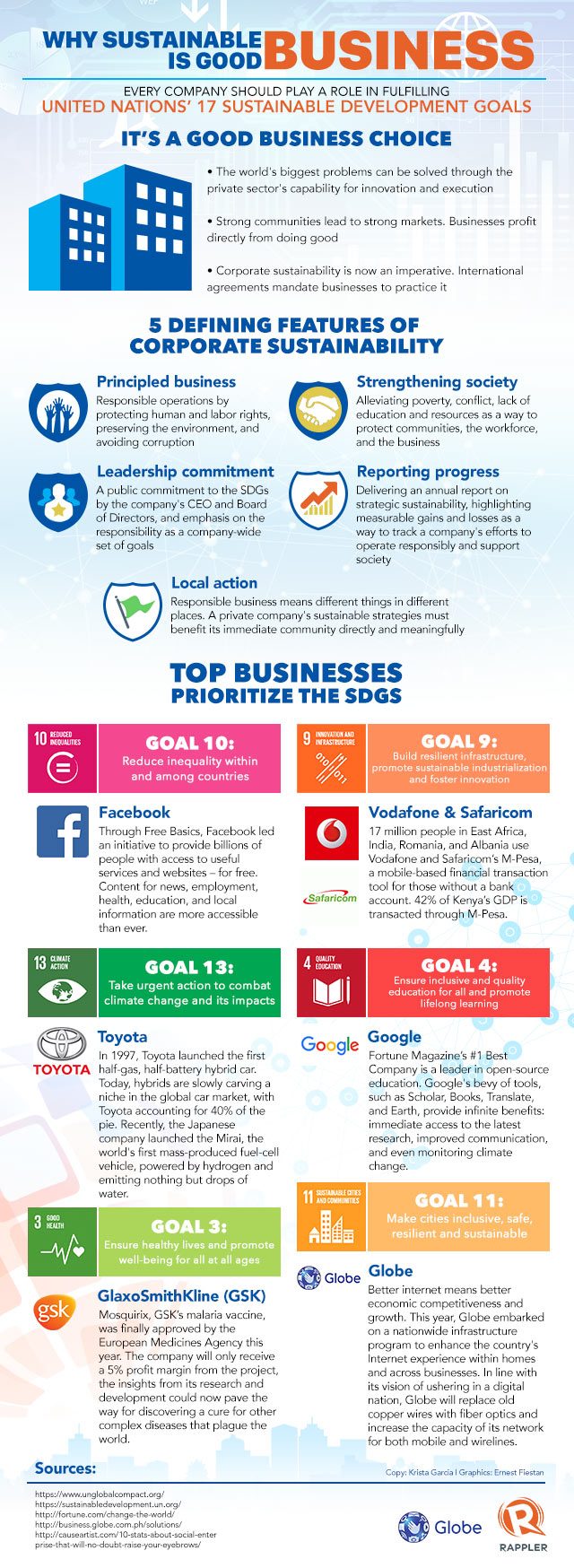SUMMARY
This is AI generated summarization, which may have errors. For context, always refer to the full article.

MANILA, Philippines – Today, it’s not enough for companies to do well. In order to succeed, businesses must also strive to do good and affect positive change within the communities that they move in. This is what “sustainable development” is about, and today, more companies are making it a primary objective alongside profitability and increased market share.
In the business world, sustainability is a company’s capacity to grow while minimizing negative impact on the local community or the environment at large. It goes beyond corporate social responsibility (CSR). Under this paradigm, sustainable acts are part of an entire business’s strategy, daily operations, and mission and vision.
Why should this be every company’s top priority? First, the times call for it. The world’s biggest challenges – hunger, poverty, pollution, and more – are becoming too big for any one government to handle. It’s businesses that have more resources to craft solutions and address these problems. Private corporations can find means to minimize food cost, for example, or build greener vehicles that will reduce our carbon emissions. The world is calling on the private sector for help.
Last September, over 150 world leaders at the United Nations pledged to fulfill 17 Sustainable Development Goals (SDGs), an agenda for eradicating poverty, building inclusive economic growth, and addressing social needs, all while tackling climate change.

At the COP21 Convention held in Paris last December, 149 countries and one bloc drafted an agreement to fight climate change. Although it is a binding agreement between governments, it is private corporations who will lead the changes in key areas such as carbon pricing, responsible policy engagement, science-based targets and adaptation.
Second, what’s good for the world can also be good for business. Sustainability usually entails using modern technology to simplify processes and cut back on material waste emissions. In the end, workflows become faster and more efficient, and costs drop significantly.
Finally, it’s simply the only way to move forward. There is a perception that business objectives and sustainability are polar opposites, yet the rise of the social enterprise and a more socially aware consumer base are beginning to prove this wrong. The well-being of communities and the planet at large has a direct impact on businesses’ success.
It’s not a question of why businesses should prioritize sustainability. It’s a matter of how it can be done.

Towards an empowered, sustainable, digital nation
Technology and sustainability go hand-in-hand. As Filipinos become more dependent on their gadgets not just for communication, but also for business, education, and even healthcare, there is a need to overhaul and improve Internet access and network infrastructures in the Philippines. (READ: Statistics on mobile and Internet in the PH)
In a recent press release, Globe President & CEO Ernest Cu said: “Data access is currently one of the most important drivers of economic competitiveness and growth. For the Philippines to fully take advantage of new digital opportunities, we need to create an Internet superhighway and provide ultra-fast internet connection that will enable growth in every corner of our country. We want to make use of technological innovations to make Internet service experience at par with other countries in the world.”
Goal 17 in the SDGs indicates that “a successful sustainable development agenda requires partnerships between governments, the private sector and civil society.” Even if telcos are committed to improve their service by investing on network builds and more cell site towers, issues of red tape inhibit them from rolling out developments to match the speed and volume of the public demand. Telcos are pressuring the government to provide policy support for initiatives to improve Internet infrastructure in the country.
Business owners, along with the rest of the public, need to clamor for these concrete solutions as well. – Rappler.com
Add a comment
How does this make you feel?

There are no comments yet. Add your comment to start the conversation.